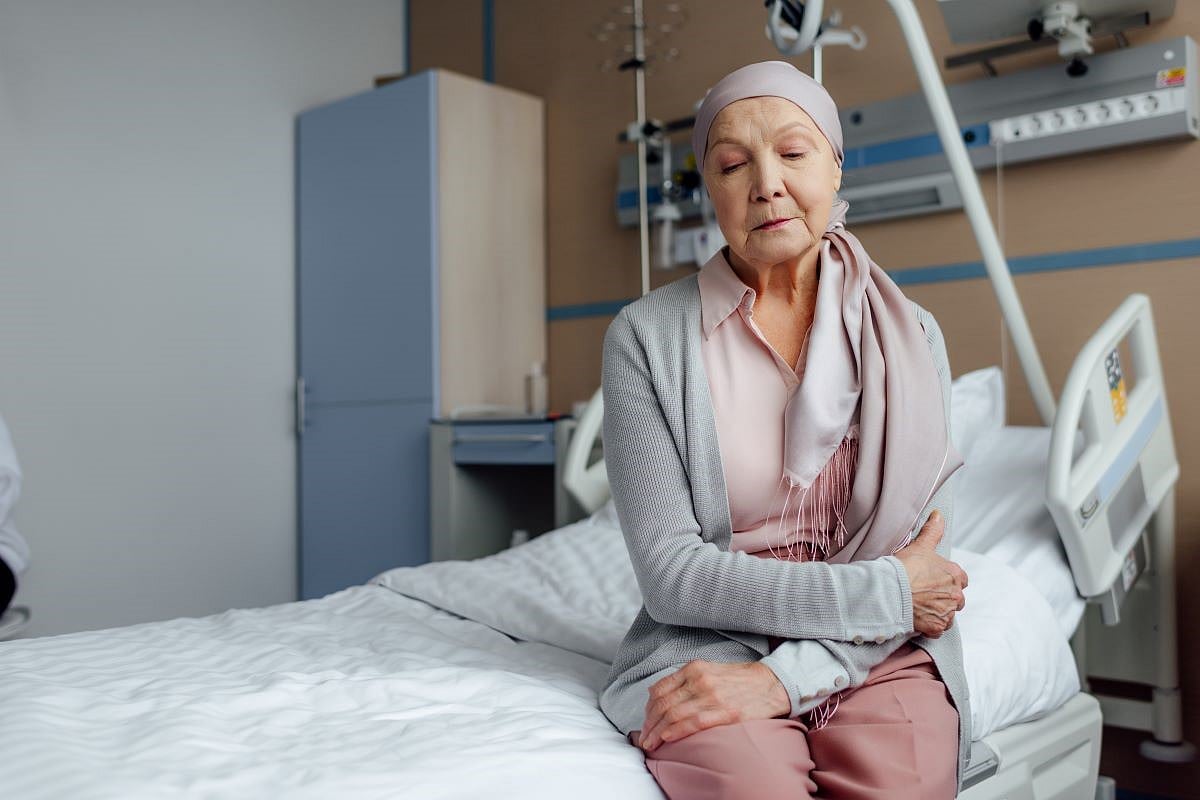Be advised that we have closed our Holland’s Drug location on South Locust Avenue.
Please contact one of our other two locations for assistance with your prescription information.
We look forward to continuing to serve you. Thank you!
Get Healthy!

- Dennis Thompson
- Posted April 22, 2025
Immune Therapy Works As Well In Senior Cancer Patients As In Younger Adults
It’s well-known that a person’s immune system wears down over time, becoming less effective as folks progress through middle age and become seniors.
But that doesn’t appear to hinder the effectiveness of immunotherapy for cancer in seniors, a new study says.
Seniors with cancer respond just as well as younger patients to immune checkpoint inhibitors -- drugs that take the brakes off the immune system so it can target and kill cancer cells more effectively, researchers reported April 21 in the journal Nature Communications.
“Older patients do just as well, sometimes better than younger patients with immunotherapy treatments,” said senior researcher Dr. Daniel Zabransky, an assistant professor of oncology at Johns Hopkins University School of Medicine.
“We found clues about important pathways mediating the immune system response to immunotherapies in younger versus older patients that may help us improve the next generation of therapies or allow us to use current therapies in all patients more effectively,” Zabransky added in a news release.
Most new cancer diagnoses occur in people 65 and older, and overall these folks have worse cancer treatment outcomes, researchers said in background notes.
In part, this is because their aging immune systems make it harder for their bodies to fight cancer cells, researchers said.
But it’s unclear whether immunotherapy can help people overcome these effects of aging.
For this study, researchers examined immune response in the blood of about 100 cancer patients treated with immune checkpoint inhibitors, of whom about half were 65 or older.
Both groups benefitted from immunotherapy equally, researchers found.
There were, however, important differences in their immune responses, results show.
For example, hunter/killer T cells in seniors appeared less ready to respond to threats like cancer without a boost from an immune checkpoint inhibitor, researchers found.
These differences might make immunotherapy drugs even more beneficial for older patients, they said.
Researchers next plan to look at differences in the immune cells found inside tumors, and compare them across age groups to see how they react to immunotherapy.
By understanding age-related differences, researchers might be able to hone new cancer therapies so they can be better targeted to patients based on age.
“Right now, we give immune checkpoint inhibitors to patients in the same way without major consideration about how their age may influence how the immune system may recognize cancer cells,” Zabransky said. “By better understanding age-related changes that we all experience over our lifespan, we hope to identify new strategies and personalize our therapies even further based on those important patient-level factors.”
More information
The National Cancer Institute has more on immune checkpoint inhibitors.
SOURCE: Johns Hopkins Medicine, news release, April 21, 2025
